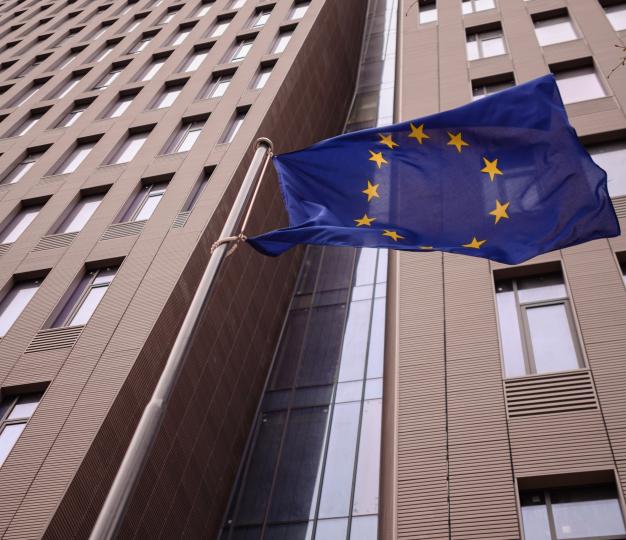ABOUT US
Who we are
The role of the Delegation is to represent the EU in Georgia, promoting EU values and strengthening EU-Georgia relations.
The Delegation is responsible for all policy areas of the relationship between EU and Georgia - be they political, economic, trade or on human rights and in building relationships with partners in civil society. In addition, we analyse and report on political developments, programme development cooperation through projects and grants and generally increase the visibility, awareness and understanding of the EU in Georgia.
On This Page
What we do
The EU has been present in Georgia since 1995 and has since then been responsible to represent the EU in the country, strengthen EU-Georgia relations and provide development assistance
The Delegation of the European Commission to Georgia was opened in Tbilisi in September 1995. Starting from 1 December 2009, with the Lisbon Treaty entering into force, the Delegation of the European Commission is transformed into the Delegation of the European Union to Georgia. The Delegation in Tbilisi is one of over 140 EU Delegations around the world. The Delegation has the status of a diplomatic mission and officially represents the EU in Georgia.
Today the EU is made up of 27 Members States, has a population of around 450 million and is the largest trading bloc in the world.
The Delegation's mandate includes the following:
- To promote the political and economic relations between Georgia and the EU by maintaining extensive relations with governmental institutions and by increasing awareness of the EU, its institutions and its programmes.
- To monitor the implementation of the Association Agreement between the EU and Georgia.
- To inform the public of the development of the EU and to explain and defend individual EU policies.
- To participate in the implementation of the EU's assistance programmes.
Our Development Assistance
The EU is Georgia’s largest development partner with portfolio worth over €500 billion
The EU provides over €120 million of grant money annually to support Georgia’s ambitious reform agenda. This assistance focus on economic development and education, governance and human rights, environment and people to people contact. It can take the form of direct financial support to the Government, technical assistance projects, grants to civil society or access to EU programmes such as Erasmus+, Horizon2020 or Creative Europe.
To learn more about EU’s development assistance to Georgia please visit Eu4georgia.ge
Our Office
The EU Delegation’s office is located in central Tbilisi, hosting four sections and 65 staff members
The EU Delegation employs around 65 people, of which ca 40% are expat staff.
The EU Delegation is divided into four sections:
- Political, Press and Information section.
- Cooperation section.
- Finance, Contracts and Audit section.
- Administrative section.
Each section has a Head of Section. The head of the EU Delegation is the EU Ambassador, Pawel Herczynski who oversees the work of all sections.

